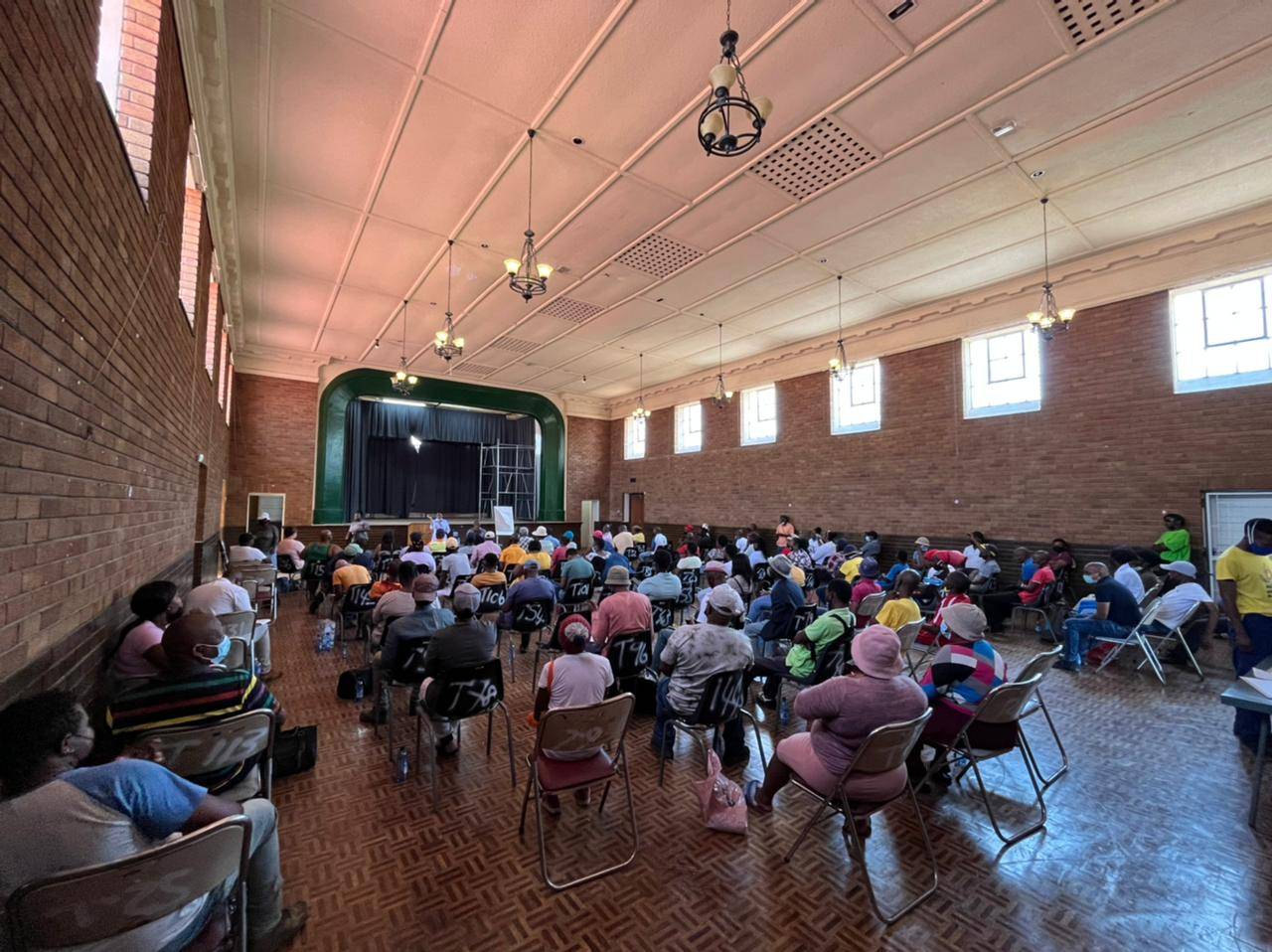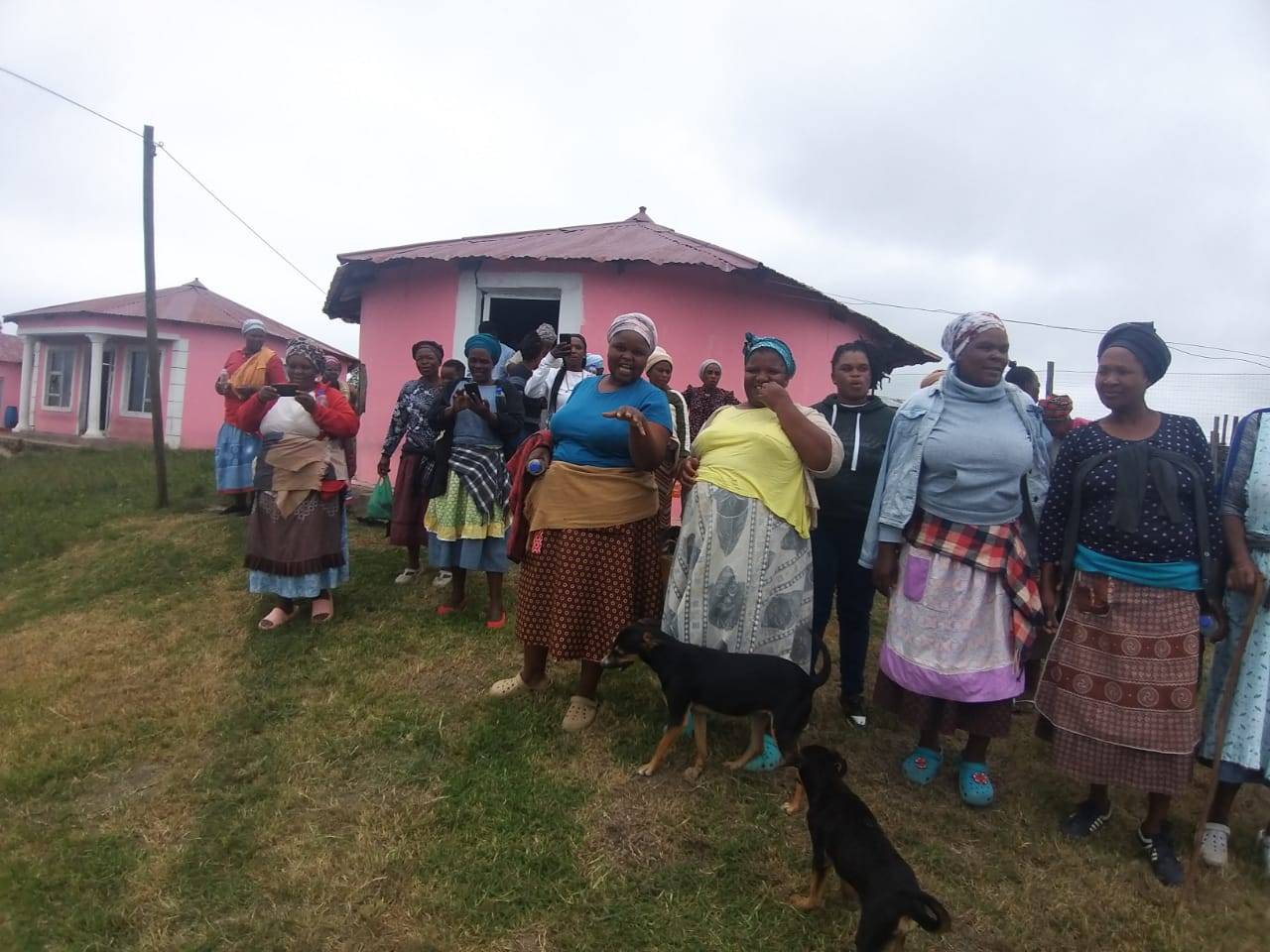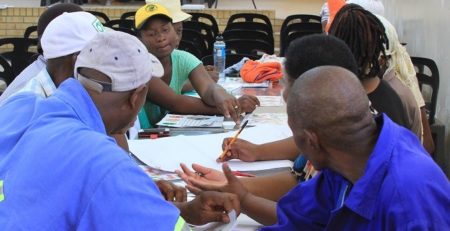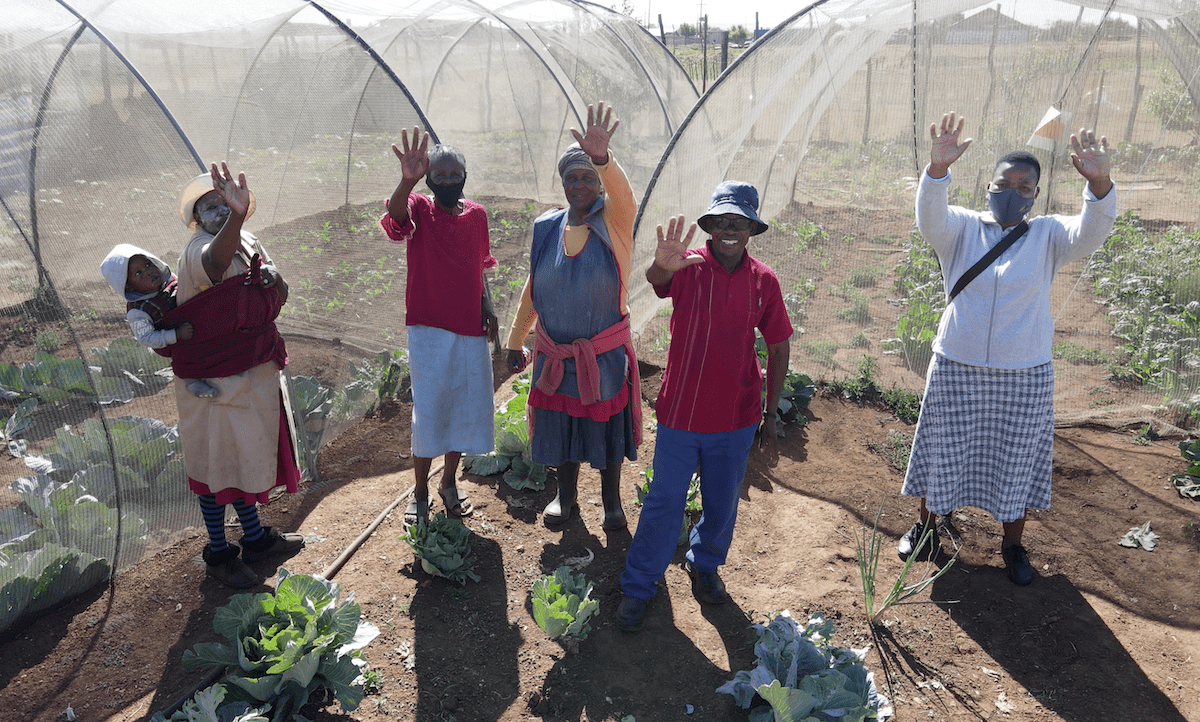Seven steps for sustainable local economic development
Seven steps for sustainable local economic development
A sustainable local economic development plan brings true change in the South African economy. Mining towns are a by-product of an industry that benefits our local economy. These towns should be thriving contributors to our economy in and of themselves. People in these communities should be building livelihoods. Their living circumstances ought to improve over time in the community.
Sadly, this is not always the case. Mining towns are susceptible to many challenges on a daily basis. Foremost among these challenges are a lack of jobs, inequality, and a shortage of income. This leads to escalating problems of crime and conflict.
How are we to overcome these issues? Umsizi’s goal is to uplift these communities, by empowering households to increase their income capacity. To reverse the trend toward a decline in these areas, solutions need to be a sustainable local economic development plan. They also must take place on a large scale, and so Umsizi has targeted households en masse.
Here are seven objectives of Umsizi’s programmes. These are steps towards sustainable local economic development. Taken together, these steps will make a real difference to South Africa’s socio-economic landscape in years to come.
1. Poverty Eradication
We must lift the plight of those in poverty. We must break the poverty cycle, in which individuals become demotivated to change their situation. Any effective means of eradicating poverty must be sustainable. Skills development is key. We provide training towards agriculture, livestock farming, manufacturing or light industry. The goal is to move households from subsistence through to security.
In the fight against poverty, we utilise all available tools. We look at areas such as education, working with big business and government, and ongoing observation and feedback.
2. Meeting food needs within a specific time
Umsizi has led the industry in innovation for small-scale agriculture. This has led to families being in the position where they could meet their most basic need of food security. Also, they have had enough to provide for members of the community beyond their own households.
The old ways will not do: materials need to be affordable and available. Umsizi’s agricultural innovations are revolutionary, with many resounding success stories.
3. Building livelihoods
Once we meet the basic need for life-giving food, individuals can focus on building up earning potential. Having an ongoing source of income benefits the individual on a holistic level. It adds meaning and satisfaction to his or her existence. The compound effect of building many livelihoods boosts the greater community.
As part of the process, we teach individuals to seize opportunities. Without intervention, individuals continue to struggle on without ever increasing their earnings potential. With training and coaching, there is an exciting potential for economic growth. Growth takes place at the individual and community level.
We help individuals set a business plan. We assist with providing skills. We remove obstacles to success. The result: the creation of sustainable livelihoods.
4. Broad-Based Black Economic Empowerment
We must move away from enriching a narrow segment of disadvantaged individuals. We must move towards financial security in the widest possible spectrum of the population.
To do this, we focus on entrepreneurial development and supporting the coaching of key skills in business management. The result is a decrease in economic inequality.
Following B-BBEE policies opens greater opportunities for the small business owner. This, in turn, creates the potential to benefit the greater community.
5. Local Economic Development
For local economic development to be significant, we encourage all members of the community to take part. All can benefit together from an improved quality of life. This is why Umsizi works together with community leaders in each region in which it operates. Each community must seize their own unique opportunities. They have unique challenges to overcome. The aim is not to swoop in and out of communities with hit-and-miss strategies. Success lies in empowering the communities toward self-reliance. This requires ongoing input at the local level to raise the local economy to a point where it can thrive on its own.
6. Job creation
This point is a major one – it is at the heart of all financial and economic upliftment. Job creation is a major need throughout South Africa. For the Public Sector to create jobs it must place a greater burden on the taxpayer. The government acknowledges and supports small business as a major provider of jobs and a welcome provider of relief against unemployment. Entrepreneurs need to be encouraged, upskilled and coached on a major scale. Any effort invested toward this great need is never wasted.
7. Creating shared value
Companies do not exist in isolation from their surrounding communities. It has been demonstrated that if the community thrives, the company is better off as well. So, opportunities to benefit the community need to be identified and exploited. Where this kind of shared value is encouraged, it amounts to a decrease in the inequality gap.











